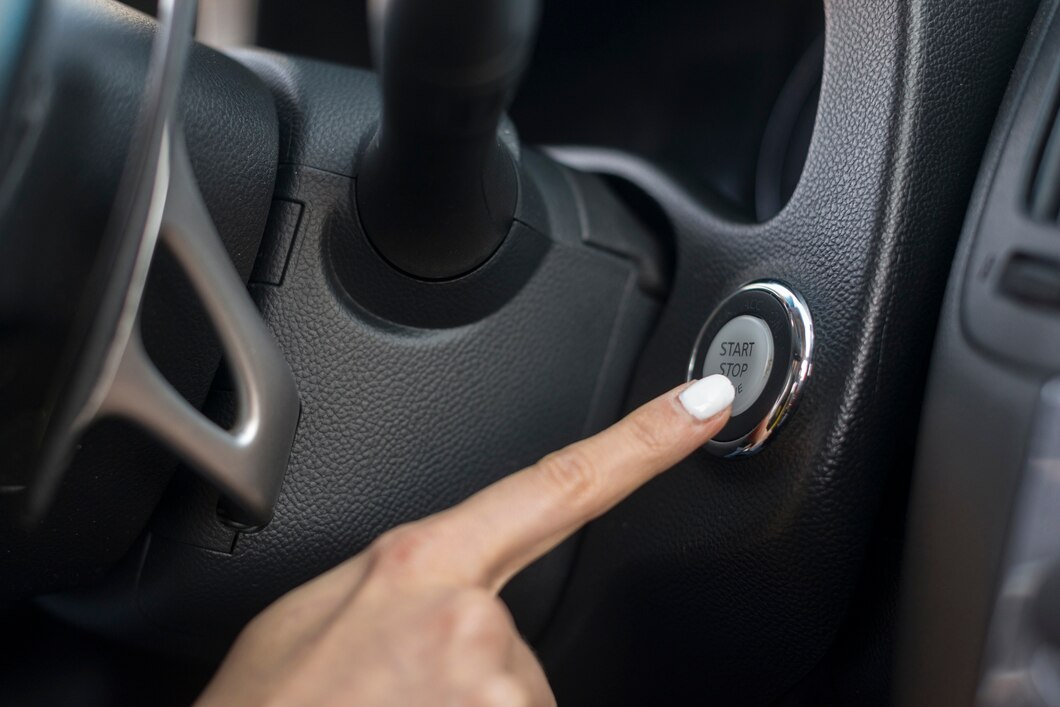Your car’s electrical system is a complex network of components that play a vital role in powering essential functions such as starting the engine, operating lights, windows, and various other accessories. When your car experiences electrical problems, it can lead to a range of issues that affect its performance, safety, and reliability. Recognizing the early signs of electrical problems in your car can help you address issues before they escalate into more significant concerns. Here are some key indicators to watch out for:
1. Dim or Flickering Lights:
Dim or flickering headlights, dashboard lights, or interior lights can be an early sign of electrical issues in your car. This could indicate problems with the battery, alternator, or wiring connections, which affect the power supply to the lights.
2. Difficulty Starting the Engine:
If you experience difficulty starting your car, such as slow cranking or the engine failing to turn over, it could indicate a problem with the battery, starter motor, or ignition switch. Weak or faulty electrical components can prevent the engine from receiving the necessary power to start.
3. Malfunctioning Accessories:
Malfunctioning accessories such as power windows, door locks, or windshield wipers can indicate underlying electrical issues. If these accessories operate intermittently or fail to function altogether, it could be due to faulty wiring, switches, or motors.
4. Erratic Gauges or Instrument Panel:
Erratic behavior of gauges or instruments on the dashboard, such as fluctuating fuel or temperature readings, can be a sign of electrical problems. Faulty sensors, wiring issues, or a malfunctioning instrument cluster can cause inaccuracies in gauge readings.
5. Blown Fuses:
Blown fuses are a clear indication of electrical problems in your car. If you find that a particular fuse keeps blowing or if multiple fuses fail simultaneously, it could signal a short circuit or overload in the electrical system.
6. Strange Odors or Smoke:
Burning smells or smoke emanating from the dashboard or electrical components can be a serious warning sign of electrical problems. This could indicate overheating or melting of wiring, connectors, or other electrical parts, posing a fire hazard and requiring immediate attention.
7. Electrical Noise:
Unusual buzzing, clicking, or humming noises coming from the electrical system can indicate a range of issues, from loose connections to malfunctioning components. These noises should be investigated promptly to prevent further damage or safety risks.
8. Dashboard Warning Lights:
Dashboard warning lights, such as the battery light, check engine light, or ABS light, can illuminate when there’s a problem with the electrical system. If any warning lights appear, it’s essential to have your car inspected by a qualified technician to diagnose and address the issue.
If you notice any of these early signs that your car has electrical problems, it’s crucial to address them promptly to prevent further damage and ensure the safety and reliability of your vehicle. Ignoring electrical issues can lead to more significant problems down the line, resulting in costly repairs and potential safety hazards. By staying vigilant and addressing electrical problems early on, you can keep your car running smoothly and safely on the road.











